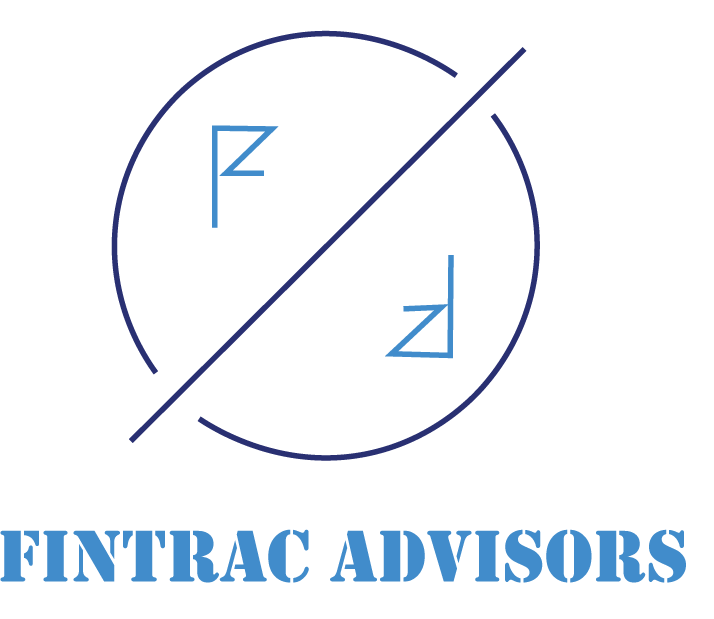A Comprehensive Compliance Calendar for Delaware-Based Entities

Ravi Kishore KNV.
Qualified Chartered Accountant having 15 years of Post-Qualification experience and a Cost and Management Accountant with All India 9th rank having worked with industries like Manufacturing, Wholesale jewelry, Branded Jewellery, Turnkey Construction, Marketing Agencies
Ensuring compliance with state and federal regulations is essential for businesses operating in Delaware. Companies must keep track of various filing requirements, meet deadlines, and avoid penalties to maintain good standing. This article provides an overview of key compliance obligations, including franchise fees, IRS filings, and other essential submissions for Delaware-based entities.
1.Franchise Tax and Annual Report Filing
All business entities registered in Delaware, including corporations and limited liability companies (LLCs), must file annual reports and pay franchise taxes.
- Deadline: The due date for corporations is March 1st each year, while LLCs, limited partnerships (LPs), and limited liability partnerships (LLPs) must pay by June 1st.
- Filing Details: The franchise tax amount depends on the entity type.
- For corporations, the tax is calculated based on either the Authorized Shares Method or the Assumed Par Value Capital Method.
- LLCs and LPs have a fixed franchise tax of $300 per year.
- Penalty for Late Filing: Corporations that fail to file by March 1st incur the $200 late fee plus interest at 1.5% per month. LLCs and LPs missing the June 1st deadline will also face penalties.
2.IRS Tax Filings and Federal Compliance
Entities in Delaware must also adhere to federal tax regulations imposed by the Internal Revenue Service (IRS).
- Form 1120 (Corporate Tax Return): Due by April 15th for C corporations, with an automatic six-month extension available upon request.
- Form 1065 (Partnership Return): Required for partnerships and multi-member LLCs, with a deadline of March 15th.
- Form 1120-S (S Corporation Return): S corporations must file by March 15th.
- Employment Tax Filings: Businesses with employees must file payroll taxes (Forms 941, 940, W-2, and 1099-NEC) periodically throughout the year.
- Penalties for Non-Compliance: The IRS imposes penalties for late tax filings, ranging from 5% of the unpaid tax per month to potential audits and legal consequences.
3.Registered Agent and Business License Renewal
- Registered Agent Requirement: All Delaware businesses must maintain a registered agent within the state. If the agent resigns or the company fails to maintain one, the entity risks being declared void.
- Business License Renewal: Entities that operate in Delaware must renew their state business licenses annually by December 31st.
- Penalties for Non-Compliance: Businesses that fail to renew their licenses may face fines and potential revocation of their right to operate.
4.Sales and Use Tax Compliance
While Delaware does not impose a state sales tax, businesses engaged in specific activities may still need to comply with excise taxes or gross receipts tax obligations.
- Filing Frequency: Some businesses must file gross receipts tax returns either monthly or quarterly, depending on revenue.
- Penalty: Late or non-payment may result in interest charges and penalties.
5.Beneficial Ownership Information (BOI) Reporting
Beginning in 2024, certain businesses will be required to report their beneficial ownership information to the Financial Crimes Enforcement Network (FinCEN).
- Filing Deadline: New entities must submit their BOI report within 30 days of formation, while existing businesses must comply by January 1, 2025.
- Penalties: Non-compliance may result in civil or criminal penalties.
6. Additional Compliance Requirements
- Annual Meeting Minutes: Corporations must hold annual meetings and document minutes to comply with corporate governance rules.
- Foreign Qualification (If Operating Outside Delaware): Businesses operating in other states must register as a foreign entity and comply with local regulations.
- Contract Renewals and Permit Renewals: Businesses should keep track of lease agreements, insurance policies, and necessary permits that require periodic renewal.
Conclusion
Delaware businesses must follow a structured compliance calendar to avoid penalties and maintain good standing. Tracking important deadlines for franchise tax payments, IRS filings, business license renewals, and other regulatory requirements is crucial. Companies should consider using compliance management tools or consulting professionals to ensure timely filings and adherence to all obligations. By staying proactive, businesses can operate smoothly while avoiding unnecessary legal and financial setbacks.
Disclaimer
The content published on this blog is for informational purposes only. The opinions expressed here are solely those of the respective authors and do not necessarily reflect the views of Fintrac Advisors. We make no warranties regarding the completeness, reliability, or accuracy of this information. Any action you take based on the information presented on this blog is strictly at your own risk, and we will not be liable for any losses and damages in connection with its use. We recommend seeking professional expertise for any such work. External links on our blog may direct users to third-party sites beyond our control. We do not take responsibility for their nature, content, or availability.




